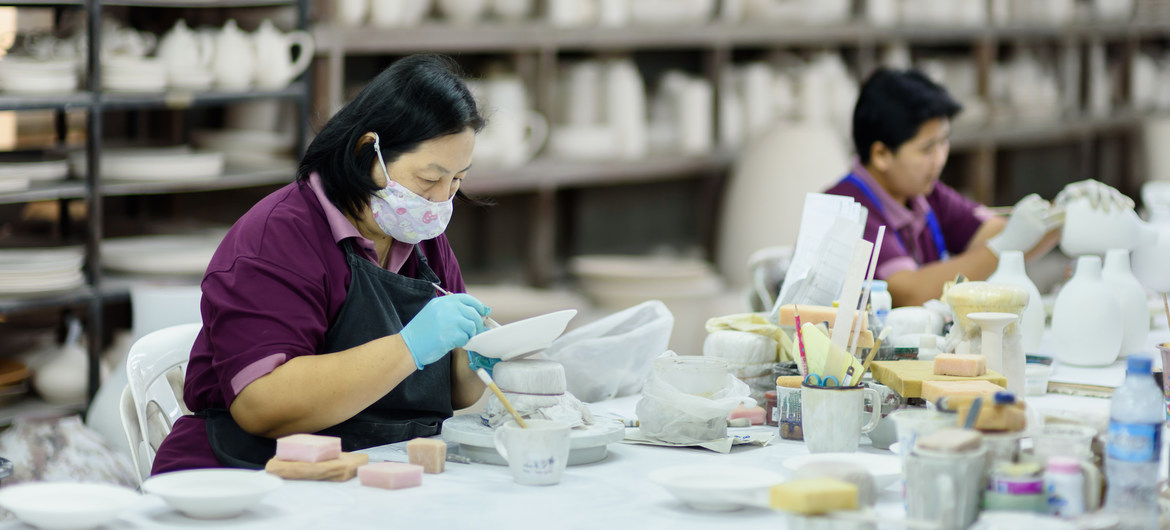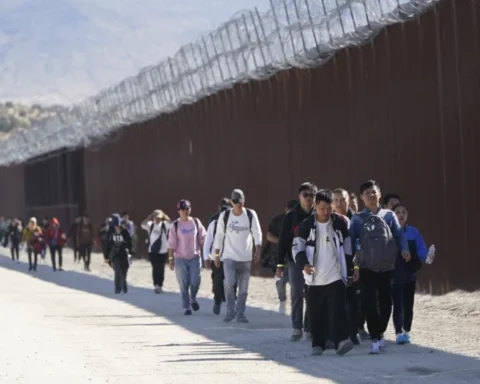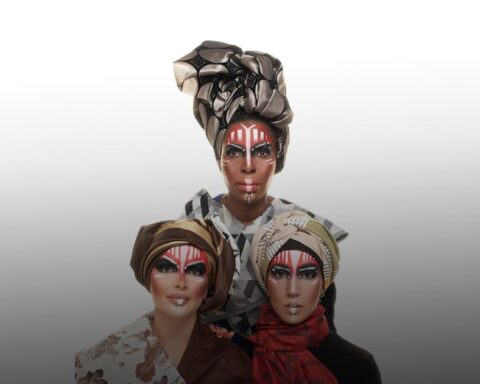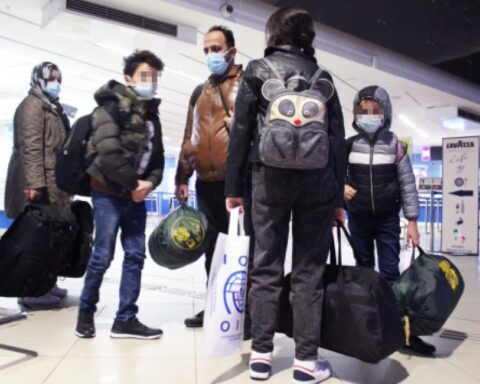In a message, Secretary-General António Guterres said that in the midst of the global pandemic, societies have come to appreciate their dependence on migrants “who are too often invisible within our communities.”
“Migrants have played an outsized role on the frontlines of responding to the crisis – from caring for the sick and elderly to ensuring food supplies during lockdowns … just as migrants are integral to our societies, they should remain central to our recovery,” he added.
Mr. Guterres called for ensuring that migrants, irrespective of their legal status, are included in every country’s pandemic response, particularly in health and vaccination programming.
“On this International Migrants Day, let us seize the opportunity of the recovery from the pandemic to implement the Global Compact for Safe, Orderly and Regular Migration, reimagine human mobility, enable migrants to reignite economies at home and abroad and build more inclusive and resilient societies,” he urged.
‘Champions of resilience’
António Vitorino, Director-General of UN International Organization for Migration (IOM), also applauded migrants globally as “champions of resilience when times are tough”, adding that as the world moves from pandemic response to recovery, they will be key to the return to normal life.
“But, for this to happen, we must reinforce the efforts already made by many countries to ensure migrants are fully included in our COVID-19 responses, including access to social services, and ensuring they do not get left behind,” he said.
There are an estimated 271 million migrants globally (as of 2019), contributing immensely not only to economies of the countries they are working in but also supporting millions more back home, including through remittances.
‘Positive assets’
Similarly, UN independent human rights experts, including the Special Rapporteur on the human rights of migrants called on all nations to treat all migrants with dignity and provide them with equal access to services, benefits, information, and assistance.
“States should consider migrant workers’ positive assets who bring labour, skills and diversity to host communities. Migrants and their families should be fully integrated in national plans to build back better and States should embrace a more inclusive and sustainable recovery from the pandemic, while implementing public health imperatives,” they urged.
The Special Rapporteurs and independent experts are part of what is known as the Special Procedures of the Human Rights Council. They serve in their individual capacity and work on a voluntary basis. They are not UN staff and do not receive a salary; and are independent from any government or organization.
The International Day
Observed every year on 18 December, the International Migrants Day was established by the UN General Assembly in December 2000, urging full respect for the human rights and fundamental freedoms of all migrants.






